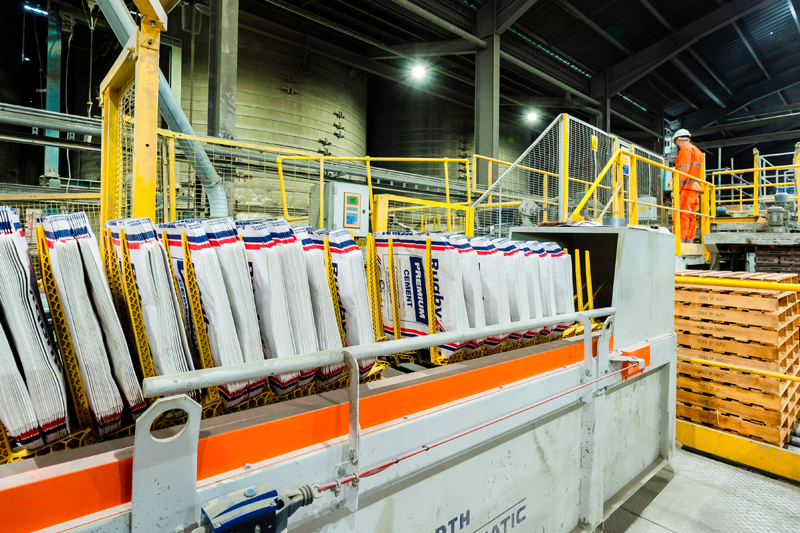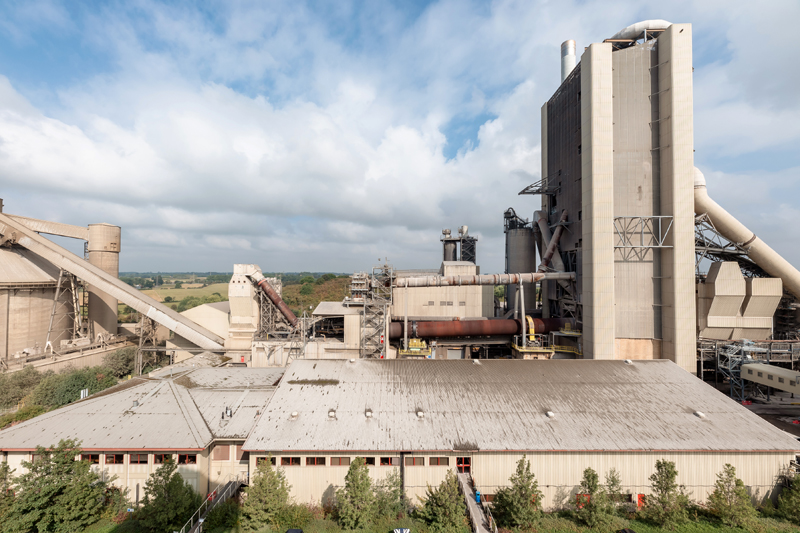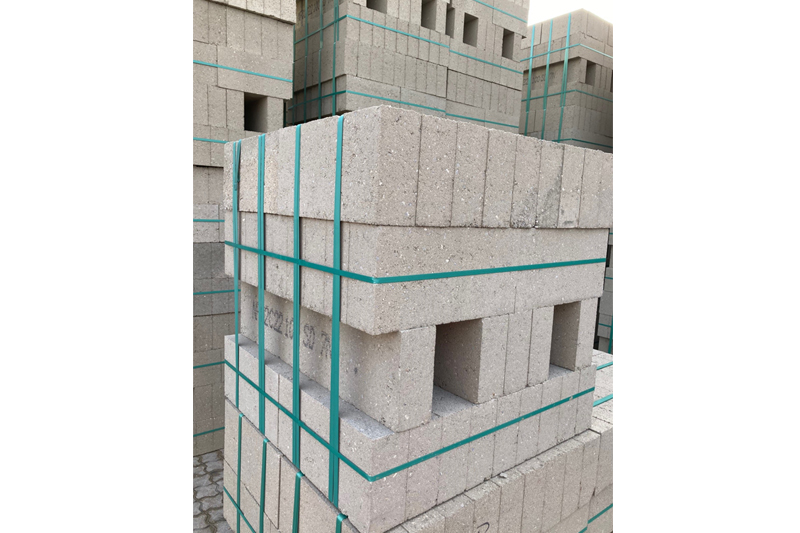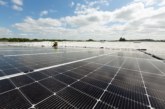
Carl Platt, Director – Europe Urban Solutions and Vice President of Commercial and Building Products at CEMEX, explains how the company’s Future In Action environmental strategy is working with merchants to reduce waste and make lower carbon products more accessible for everyone.
When we talk about climate action that impacts the here and now, 2050 and even 2030 may seem a long way off but no one can ignore the huge task head. To drive us and help us to support our customers, our ‘Future in Action’ ESG strategy is relentlessly focussed on defining a new era of responsible business for positive change across the supply chain. It is highly complex, but change can be accelerated if we think and act like it’s 2050 every day.
Circular mindset
Based on the principles of the Circular Economy, our pathway to waste reduction and carbon neutrality starts inside our CEMEX operations. By 2030, our main objective is to maximise the use of waste within our plants. Globally, during 2021, we managed close to 23 million tonnes of waste and non-recyclable by-products, which is over 57 times more waste than we sent to landfill.
As we concentrate on reducing our carbon emissions to achieve our 2030 goals, we increasingly look at alternative fuels instead of regular fossil fuels, how to reduce the clinker factor in our cement, optimise thermal efficiency in our kilns and use decarbonated raw materials. Overall benefits are seen in reduced CO2 emissions in our cement manufacturing process, alternative fuels helping to counteract pollution, and a significant decrease in the amount of waste deposited in landfills.
At our Rugby cement plant for example, we have just completed a significant investment in a new industry-leading alternative fuel facility, which will eliminate fossil fuel usage to operate on 100% alternative fuels. The expected carbon saving is equivalent to the annual emissions of more than 135,000 cars.

Merchants in mind
The smallest changes in process can have the biggest impact over time. We view it a critical success factor to help drive, support and embed carbon reduction efforts across the supply chain, through a dedicated and joined-up approach to delivering sustainable products and services. We will have a far greater impact if we are all pulling in the same direction.
In May 2022, we announced an ambitious goal for our VERTUA family of low-carbon cement and concrete products to achieve more than half of all CEMEX cement and concrete sales by 2025. Whilst reducing our own carbon impact operationally and through the supply of low-carbon VERTUA products, we are fully supportive of the journey our merchants and distributors are on too.
ReadyBlock Zero
Our recent introduction of ReadyBlock Zero, the UK’s first zero carbon concrete block, has been overwhelmingly well received by our merchants and customers. ReadyBlock Zero is part of CEMEX’s VERTUA family of low carbon and sustainable Urbanization Solutions, with residual CO2 offset to make it a CarbonNeutral product, in accordance with The CarbonNeutral Protocol.
It represents an important and timely step for industry ahead of new legislation and the Future Homes Standard. By 2025, all new homes must produce 75-80% less carbon emissions. Designed to significantly lower carbon emissions by reducing the impact of new build construction, ReadyBlock Zero helps housebuilders and developers to meet the new environmental standards.
Sustainable packaging solutions
CEMEX is acutely aware of the impact of the UK’s Plastic Packaging Tax, which came into force on 1 April. There is clearly a significant amount of work to be done across the industry to address the volume of plastic packaging in routine use and equally to provide new packaging developments and support to merchants as they navigate this new era.
At our key Concrete Products plant at Northfleet, Kent, a £100k CapEx investment has recently enabled the introduction of a new high-strength banding process, which means that plastic hoods are no longer required on dense and lightweight bricks and concrete blocks. As a result, Northfleet has eradicated 6.1 tonnes of plastic, or the equivalent of over 65,000 plastic water bottles, per year from its traditional plastic packaging process.

At our Rugby Cement plant, we have responded to merchant and market demand when it comes to supplying robust, weatherproof packaging that meets environmental demands. Two new lines are now operating alongside our new paper bagging line, utilising the very best technology that exists globally, to pack 25kg of cement into plastic bags. Merchants are now reporting less broken bags and no longer need additional plastic waterproof sheeting to cover our products in transit.
Importantly, the new packaging meets the minimum requirement of 30% recycled plastic. Working with our merchants, plans are underway to further reduce more packaging waste from the supply chain.
Timber reduction schemes
CEMEX has recently signed up to a charter produced by The Pallet LOOP — an innovative scheme aimed at minimising the consumption of single-use pallets in the construction industry. Around 18 million pallets are estimated to be used annually in the UK construction sector, but less than 10% are reused. In response, The Pallet LOOP allows manufacturers to pay a deposit for distinctively-branded 100% FSC-certified green pallets, which are used to transport products to construction sites.
As LOOP pallets move through the supply chain, a deposit passes from manufacturer to merchant to end user. Once used, the scheme operator collects the pallets and returns deposits, before repairing pallets as necessary and recirculating them. Our timber reduction programme is further supported by CEMEX’s longstanding pallet recovery scheme with specialist pallet collector, ELM.
At our Northfleet plant we are continuing to make environmental savings in timber by increasing the volume of void packs which reduces the volume of timber palleted products. Over 100 tonnes of timber — roughly the equivalent of 100 ten foot high oak trees — was saved in 2021 and it is expected this figure will increase further in 2022. We are looking at lots of different options to continuously improve our packaging, without compromising product quality.
From product development to production, packaging and distribution, CEMEX continues to balance market demand with a climate responsible approach. Each step is carefully considered to provide merchants and their customers with a broad range of solutions that combine industry needs alongside rigorous environmental challenges. The road is long, but 2050 is here and now.
Click here for more information on the CEMEX range of products and its support services for merchants.
A version of this article appeared in the September edition of PBM. Click here to read the full digital issue.









